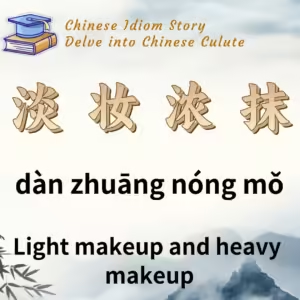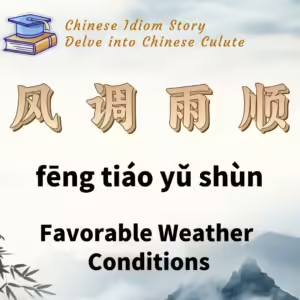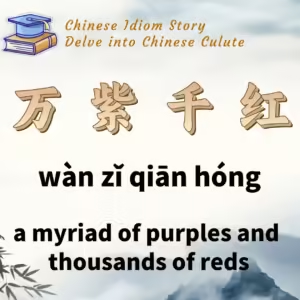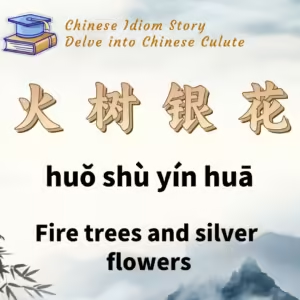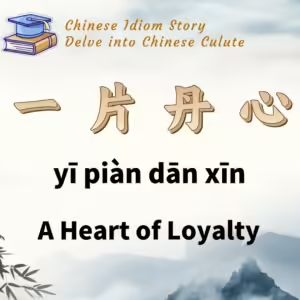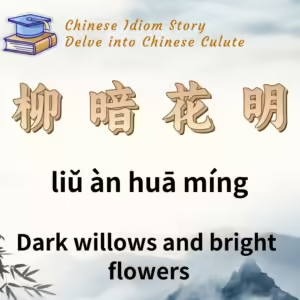
Chinese Idiom: 柳暗花明 (Liu An Hua Ming)
English Translation: Dark willows and bright flowers
pīn yīn: liǔ àn huā míng
Idiom Meaning: This idiom describes a transition from difficulties or twists to smooth and favorable circumstances. It is also used to depict beautiful scenery, characterized by lush greenery and vibrant flowers.
Historical Source: Poem titled “游山西村” (Traveling in Shanxi Village) by Lu You from the Southern Song Dynasty.
Idiom Story:
Lu You wrote this poem in the third year of the Qindao era (1167 AD) during the reign of Emperor Xiaozong of Song. While visiting Shanxi Village near Jingbo Lake (modern-day Shaoxing, Zhejiang), he was warmly welcomed by the local farmers. The village’s picturesque scenery, lively atmosphere, and the hosts’ heartfelt hospitality left a lasting impression on him. Inspired by this experience, he composed the popular pastoral poem “游山西村.”
The first four lines of the poem are:
莫笑农家腊酒浑,
丰年留客足鸡豚。
山重水复疑无路,
柳暗花明又一村。
Translation of these lines:
“Do not mock the unrefined winter wine of the farmer;
In a bountiful year, there are enough chickens and pigs to host guests.
After crossing layers of mountains and waters, when it seems there’s no way forward,
Turning a corner, you discover another village adorned with lush willows and blooming flowers.”
The poem illustrates the idea that despite facing numerous obstacles, one can still find beauty and opportunities just beyond the difficulties. Over time, “柳暗花明” has come to symbolize a turnaround in fortunes, depicting a moment of hope and beauty after hardship.

